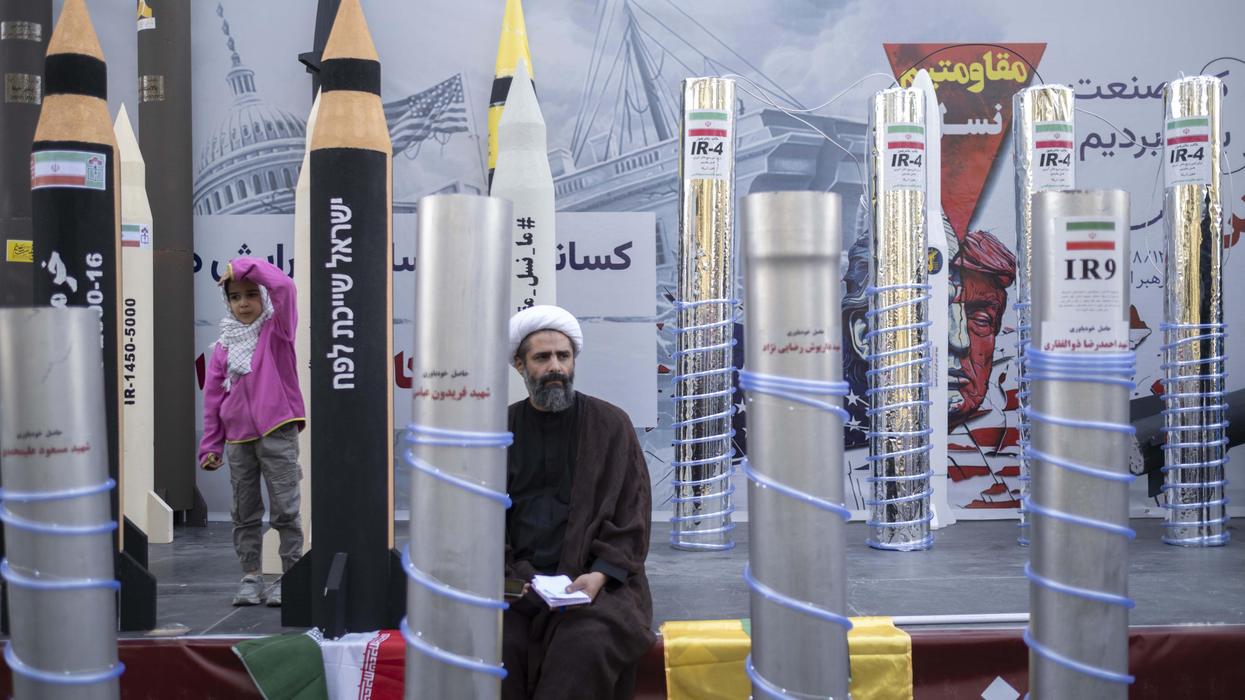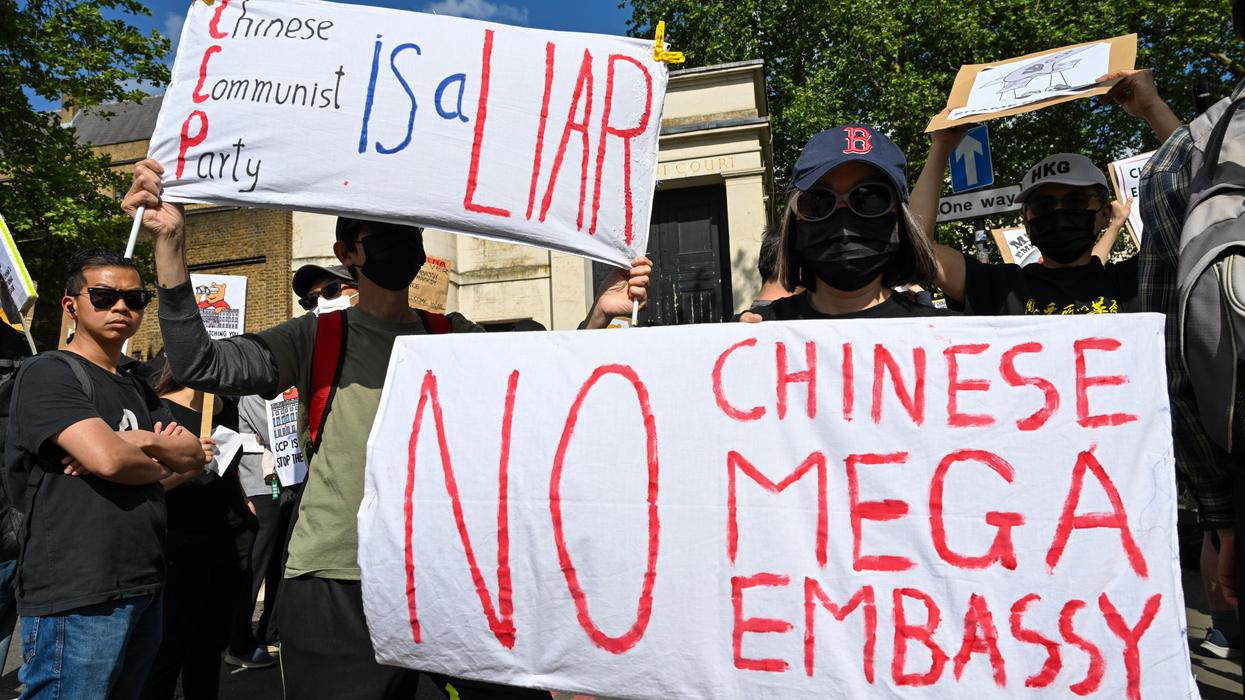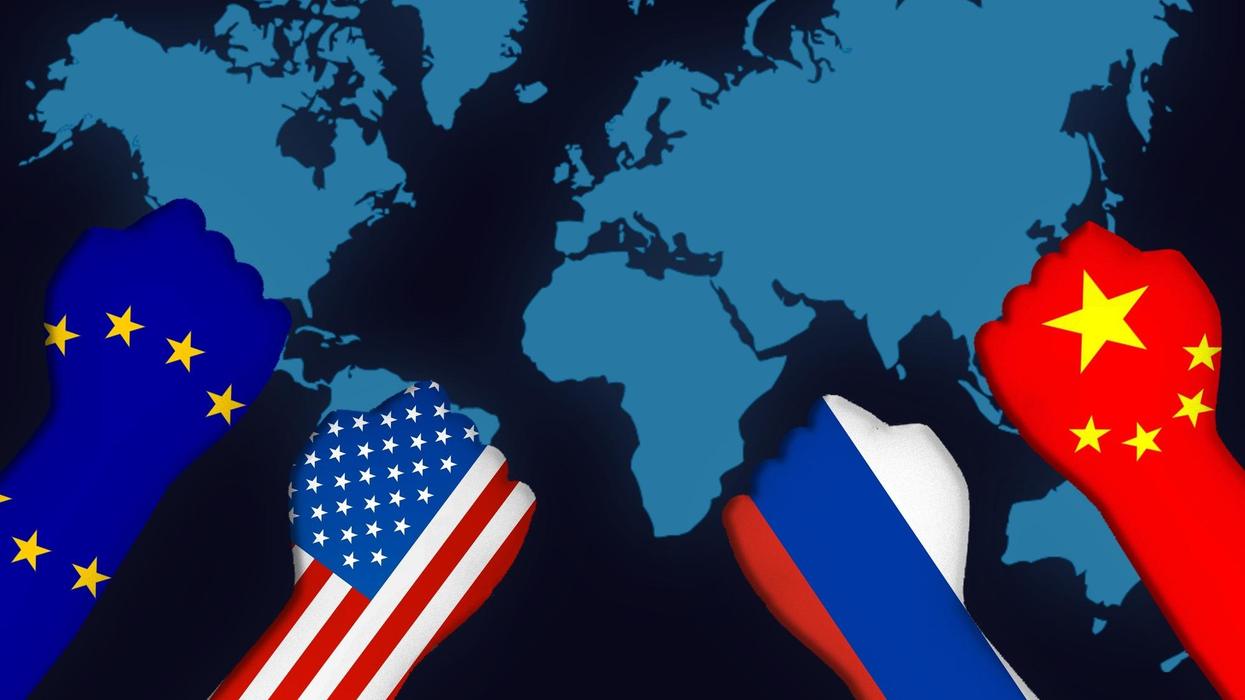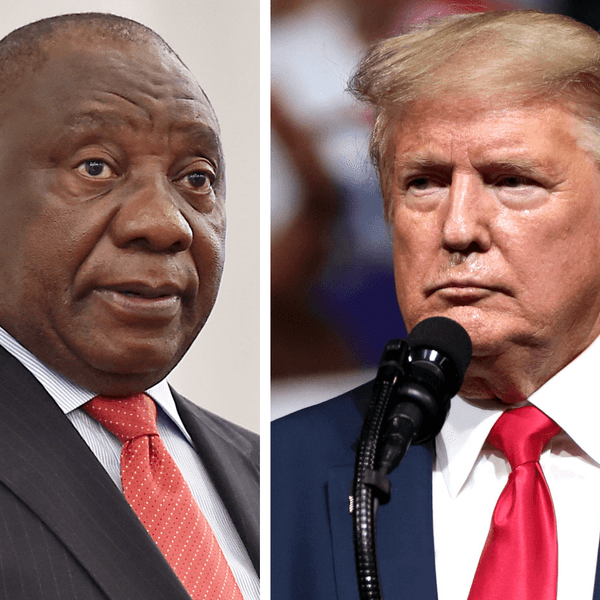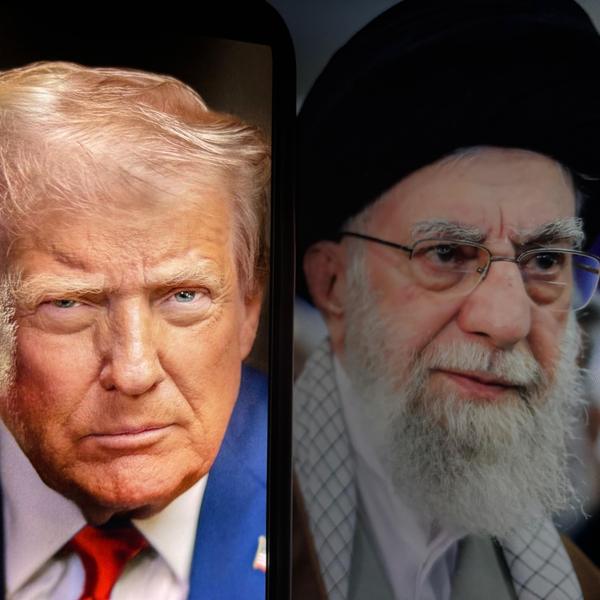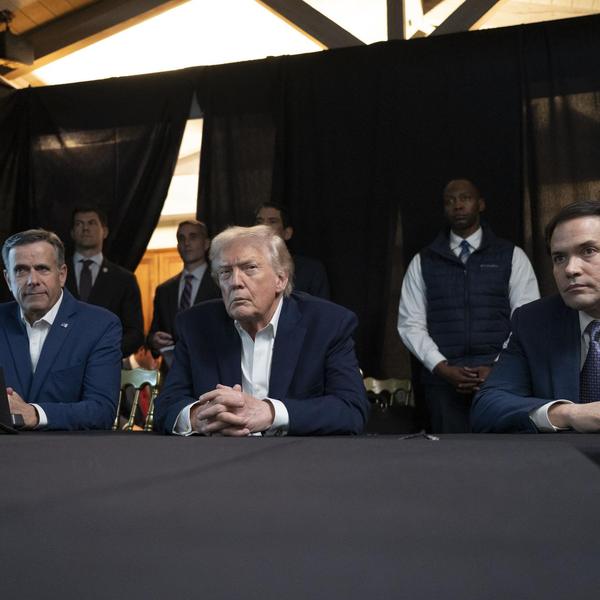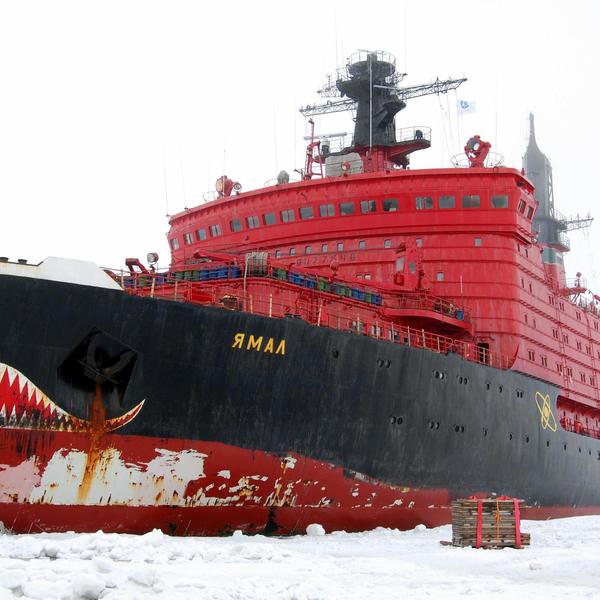As Russian defeats in Ukraine mounted over the last month, so has speculation about President Vladimir Putin’s survival in office, and talk in Washington and among Russian oppositionists of the need for the Biden administration to adopt “regime change” as an open U.S. strategy.
In its approach to this question, the Biden administration should concentrate above all on the question of the relationship between the composition of the Russian leadership and the search for an end to the war in Ukraine.
It would indeed be a very good thing if Putin were to be replaced. In fact, he should step down himself. Perhaps he will do so and hand the office over to a picked successor, as President Yeltsin did when he stepped down early and appointed Putin to succeed him. Putin has to stand for re-election in early 2024, and it seems likely that this time he would face very serious opposition and might have to resort to massive and overt rigging, ferocious repression, or both to win.
It is vital to note, however, that this opposition will come not only from opponents of the war, but even more dangerously for Putin from extreme nationalists who believe that the war should be waged more efficiently and ruthlessly. In recent weeks, there has been an enormous rise in criticism of the Russian government from this quarter, including from former Putin loyalists. After the Crimea bridge bombing and accusation of Ukranian “terrorism,” Russia responded by launching a barrage of rocket attacks against civilian infrastructure in cities across Ukraine Monday and Tuesday.
Bottom line: there is therefore no guarantee at all that the successor to Putin will be an improvement. He could be even worse.
Quite apart from the moral and legal issues involved in the invasion of Ukraine, Putin has been personally responsible for a war that has thus far turned out terribly for Russia. At the start of that war, Putin and his propaganda machine went out of their way to portray the president as the “decider” (to quote another president who launched a disastrous war), and even his top ministers as mere puppets. He cannot now evade responsibility for the defeats that have followed, as well as the dreadful mistakes and incompetence that contributed to them. Apart from anything else, a regime founded on the intelligence services looks especially bad when its intelligence turns out to have been so utterly lacking.
Equally important, Putin’s remaining in power is a critical obstacle to negotiations for ending the war in Ukraine, which more and more world leaders are declaring is urgently necessary. President Zelensky has signed a decree formally stating that talks with Putin are “impossible,” though he has left open the possibility of future negotiations with Russia. For his part, Putin, by annexing areas of Ukraine occupied by Russia since February (and, bizarrely, some that are not occupied by Russia), has indeed made it virtually impossible for himself to negotiate any kind of compromise, and has also made it much more difficult for any successor to do so.
Finally, given Putin’s responsibility for this war, negotiating a compromise with him would involve a loss of face which few Western leaders are willing to contemplate — though this could change if the suffering of their populations increases drastically as a result of the war.
Nonetheless, for Biden to declare regime change a U.S. strategy would be a very serious mistake, which the administration has been right to avoid. First, there is the simple, undeniable fact that in the vast majority of cases where America has adopted such a strategy, it has failed – in the case of Cuba, for 60 years. Sometimes, the strategy has actually strengthened the opposing regime. Sometimes, it has helped to make compromises in the interests of the United States much more difficult.
And in every case, it has allowed the regime in power to discredit democratic opponents by labeling them “American agents.” In the case of Russia, it is absolutely essential that the leadership that succeeds Putin should be seen to have been generated within Russia. Any suggestion that it was partly the creation of the United States would discredit it utterly, and probably make it even less able to seek peace.
For it must be clearly understood that while the disasters in Ukraine have greatly increased hostility to Putin in Russian society, the killing of tens of thousands of Russian soldiers by U.S. weapons and U.S. intelligence has not exactly increased love for America. Such a U.S. strategy would also be pointless. The United States is already contributing to weakening the Putin regime by supporting Ukraine against Russia. It simply does not have the means to decide Russia’s next government.
The conflation of the replacement of Putin and his immediate entourage with “regime change” also involves a misleading and dangerous category error. As far as parts of Russia’s opposition are concerned, regime change means just that: the complete overthrow of the political order created by Putin. Thus Alexei Navalny, writing in the Washington Post, has called for the West to encourage the transformation of the Russian state and the replacement of its existing presidential system with a parliamentary one (which would be a rather curious position for a U.S. president to take, but let that pass).
This implies Western support for a revolutionary process in Russia. At present, however, there is no coherent or organized force in Russian society that could bring about such a revolution. Such a force could develop over a considerable period of time – but, given the acute dangers of the war in Ukraine and the global problems stemming from it, a long period of time is exactly what we do not have.
Moreover, there is no guarantee that such a revolution would produce a regime more friendly to the West, more favorable to a peace settlement in Ukraine, or more respectful of human and civil rights in Russia than Putin’s. Given the intense nationalist passions stirred up by the war, it is at least as likely that it could be a regime of the extreme ethno-nationalist right. We should not forget the number of times over the past 250 years that revolutions initially supported by liberals have produced extremely illiberal results.
A future Russian government may agree to withdraw from the territories occupied and claimed by Russia this year, provided that a face-saving formula can be found that allows Moscow to do so without the appearance of outright surrender (for example, demilitarization and the deployment of a United Nations peacekeeping force in these territories). This is especially so since Putin has not succeeded in capturing or subsequently holding all the areas that he has claimed.
However, since 2014, and indeed historically, the overwhelming majority of Russians have regarded Crimea, and the naval base of Sevastopol, as simply Russian land. A Russian friend, of liberal leanings, compared them to Hawaii and Pearl Harbor (also, he noted, annexed illegally, albeit a longer time ago), and suggested that since Americans would certainly be prepared to threaten or even use nuclear weapons to keep Hawaii American, they should understand Russia’s willingness to do the same over Crimea.
If the Biden administration wishes to see Putin replaced by a Russian president who is willing to negotiate a compromise in Ukraine, then it must find a way to signal to the Russian establishment that such a compromise is in fact on offer. Official statements by the Ukrainian government vowing to retake Crimea effectively rule out any such compromise and, by the same token, help block any moves within the Russian establishment to find a more liberal successor to Putin — since they imply that this successor would still be faced with the threat of complete defeat.
If this is the prospect, then Putin’s failures may still lead to his replacement from within the regime, but it is more likely to be by a nationalist hardliner, who will blame all defeats to date on Putin while waging war to the knife in Ukraine. This is an outcome that the Biden administration should do everything possible to prevent.


